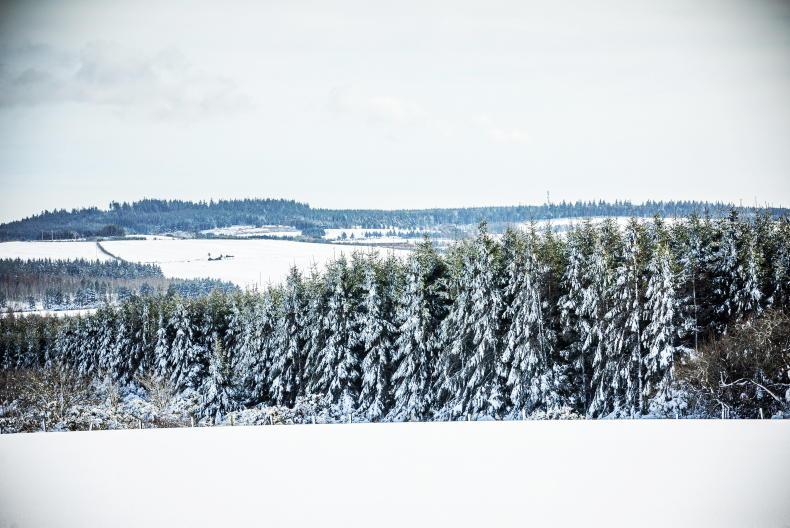Winter has landed with the changing of the clocks and a bite in the November breeze. While the latter half of September and October were extremely wet, air temperatures were warm, which presented its own challenges when it came to housing, with reports of increased cases of pneumonia in herds.
Ventilation, vaccination and correct management to reduce stress on cattle all play their part in reducing pneumonia risk, along with other diseases, but sometimes the best management and will in the world aren’t enough, and stock get sick and die. The same could be said for the summer harvests of silage and crops. No level of management or preparation will combat the adversity of relentless summer rain, and some of the best of farmers saw their efforts return lacklustre results this year. Some elements, such as the weather, are out of our hands and there is little we can do about it. When this is the case, you need to refrain from being your own worst critic and take solace in the fact that you did your best. Farmers need to be conscious of their own health, both mental and physical, as winter sets in. Seasonal affective disorder (SAD) is a type of depression that occurs often in winter. After attending several Teagasc walks over the past few months, the issue of farmer health has cropped up at nearly all of them. Your agricultural adviser, though not a therapist, should have a better understanding of what woes may be hitting your farm right now than someone outside of agriculture, so talk to them, alongside a trained medical professional.
Physical health is something not to be forgotten either, and while the weather is mild with no frost or snow yet, there has been flooding in a lot of areas in the south and southeast. Always take caution when water is involved and don’t risk your own safety for that of livestock. This winter, focus concentrates on keeping on top of animal performance through marrying silage quality with concentrate supplementation, managing slurry storage to keep abreast with legislation, etc – remember, you and your family are the priority when it comes to health and welfare, and the farm should take second place.






 This is a subscriber-only article
This is a subscriber-only article










SHARING OPTIONS: